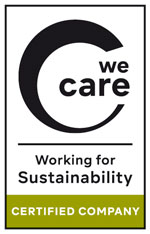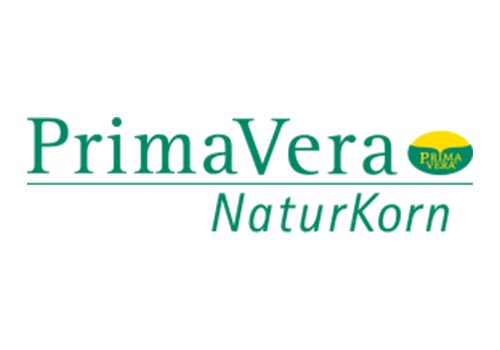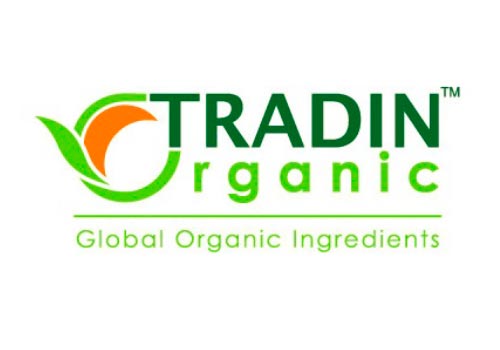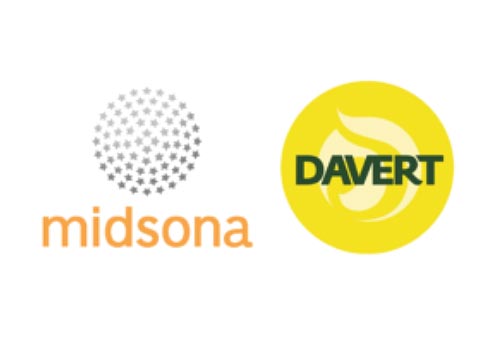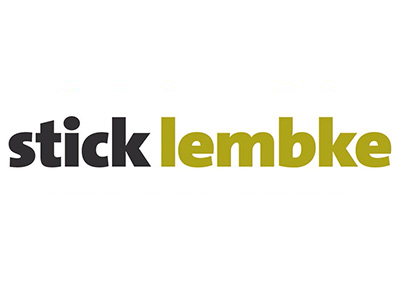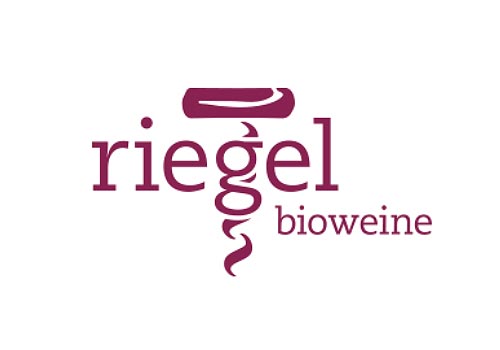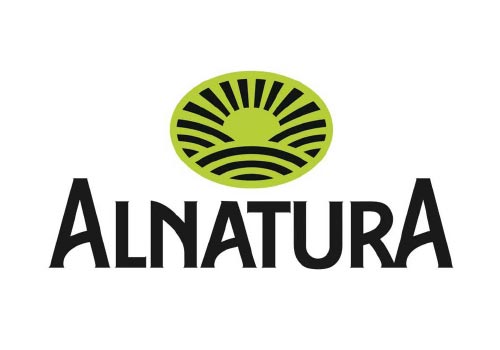We Care
Sustainability certification for the food industry which focuses on sustainability management in both companies and across their entire supply chains.
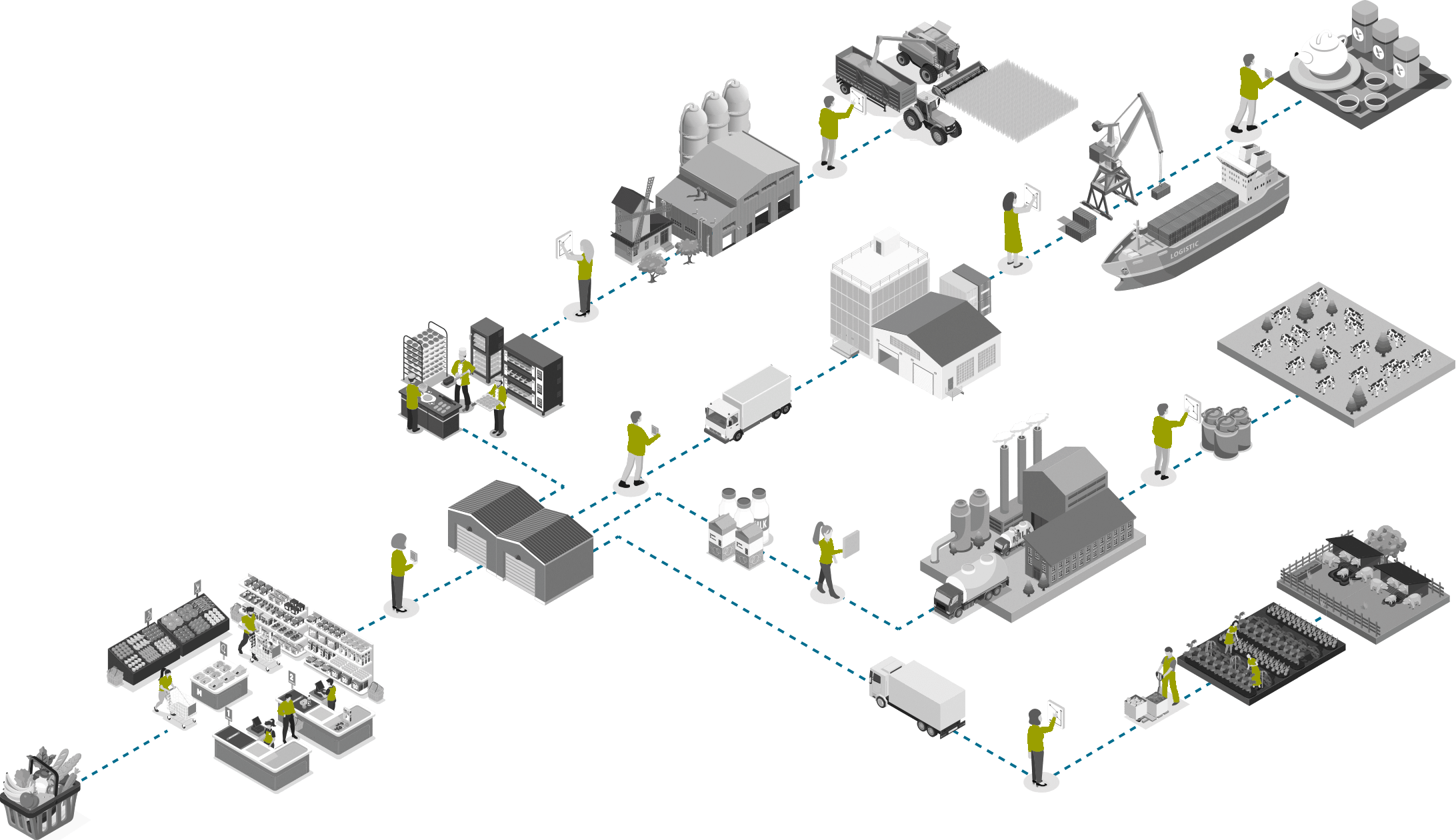
We Care-certified companies
We Care – the sustainability label for food companies and their entire supply chains
We Care – supporting an across-the-board approach to sustainability
We Care-certified companies take an across-the-board approach to sustainability across their supply chains and are committed to continuous improvement. We Care focuses systematically on all relevant sustainability issues, from cultivation in the country of origin to marketing in the local supermarket.
We Care – the new corporate sustainability label
Certification does not focus on auditing individual (flagship) products but examines a company’s overall management approach. This ensures that We Care-certified companies operate transparently for the benefit of people and the environment.
We Care – independent and authoritative
Independent certification bodies ensure that certified companies meet their due diligence obligations across their supply chains and make every effort to continually improve their sustainability performance. Certification bodies also oversee and continually develop their certification programmes to ensure they meet the highest standards. This improves environmental and CSR (corporate social responsibility) standards throughout the supply chain.
We Care – incorporates and complements existing labels
We Care incorporates and complements many individual labels and certifications.Because recognises existing certifications, there is no need to spend unnecessary time and effort introducing multiple environmental and CSR standards.We Care covers four areas of action
We Care’s responsible body
News
No Results Found
The page you requested could not be found. Try refining your search, or use the navigation above to locate the post.
We Care covers four areas of action
Equivalent certifications relating to environmental management and employee responsibility areas of action that already exist within a company are taken into account during the audit and are included in the certification. This avoids duplicating auditing efforts.
Corporate Governance
- Corporate values
- Consideration of stakeholders
- Materiality analysis
- Process integration
- Emergency and crisis management
- Corporate objectives
- Product range policy and product development
- Employee training
- Internal audits
- Management review
- Compliance
- Complaint handling
- Corporate communications
Supply Chain Management
- Basic sustainability requirements in supply chain management
- Contractual arrangements and fair partnerships
- CSR risks in the supply chain
- Environmental risks in the supply chain
- Animal welfare risks in the supply chain
- Supplier confirmation of compliance
with sustainability standards - Supplier approval, supplier management and supplier development
- Operational procurement
Employee Responsibility
- Employee issues within corporate values and the materiality analysis
- Employment contracts and conditions
- Remuneration and employee benefits
- Working hours
- Employee development, training and education
- Occupational health and safety
- Equality and anti-discrimination
- Disciplinary procedures
- Freedom of association and the right to collective bargaining
- Exclusion of child and forced labour
- Leadership and corporate culture
Environmental Management
- Environmental impact and environmental criteria
- Energy management
- Climate protection
- Waste management
- Water management
- Soil management
- Biodiversität
- Animal welfare
- Protection of the surrounding environment
- Handling of chemicals/hazardous substances
- Property/building equipment/
technology/investments - Employee mobility
- Logistics
